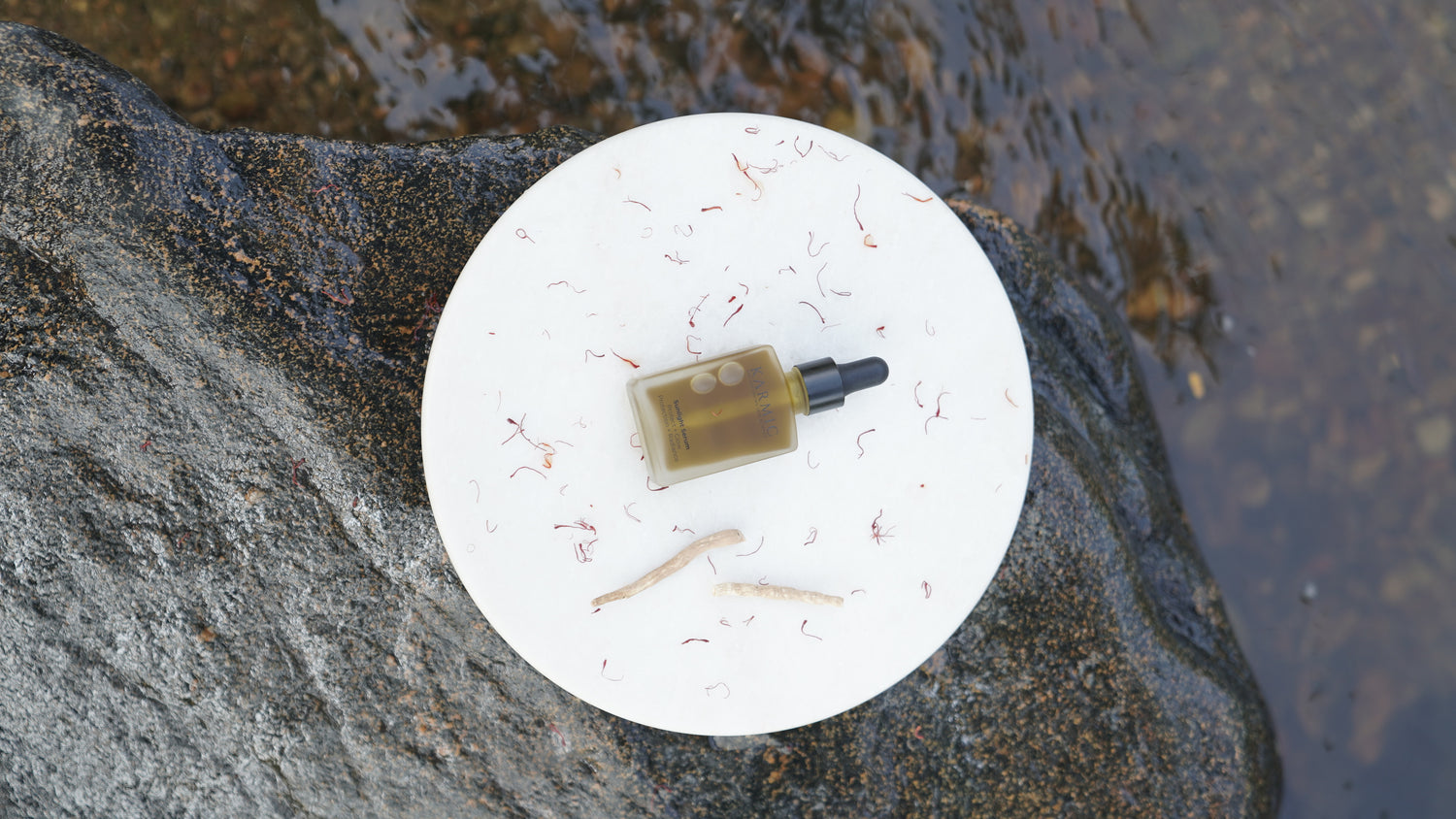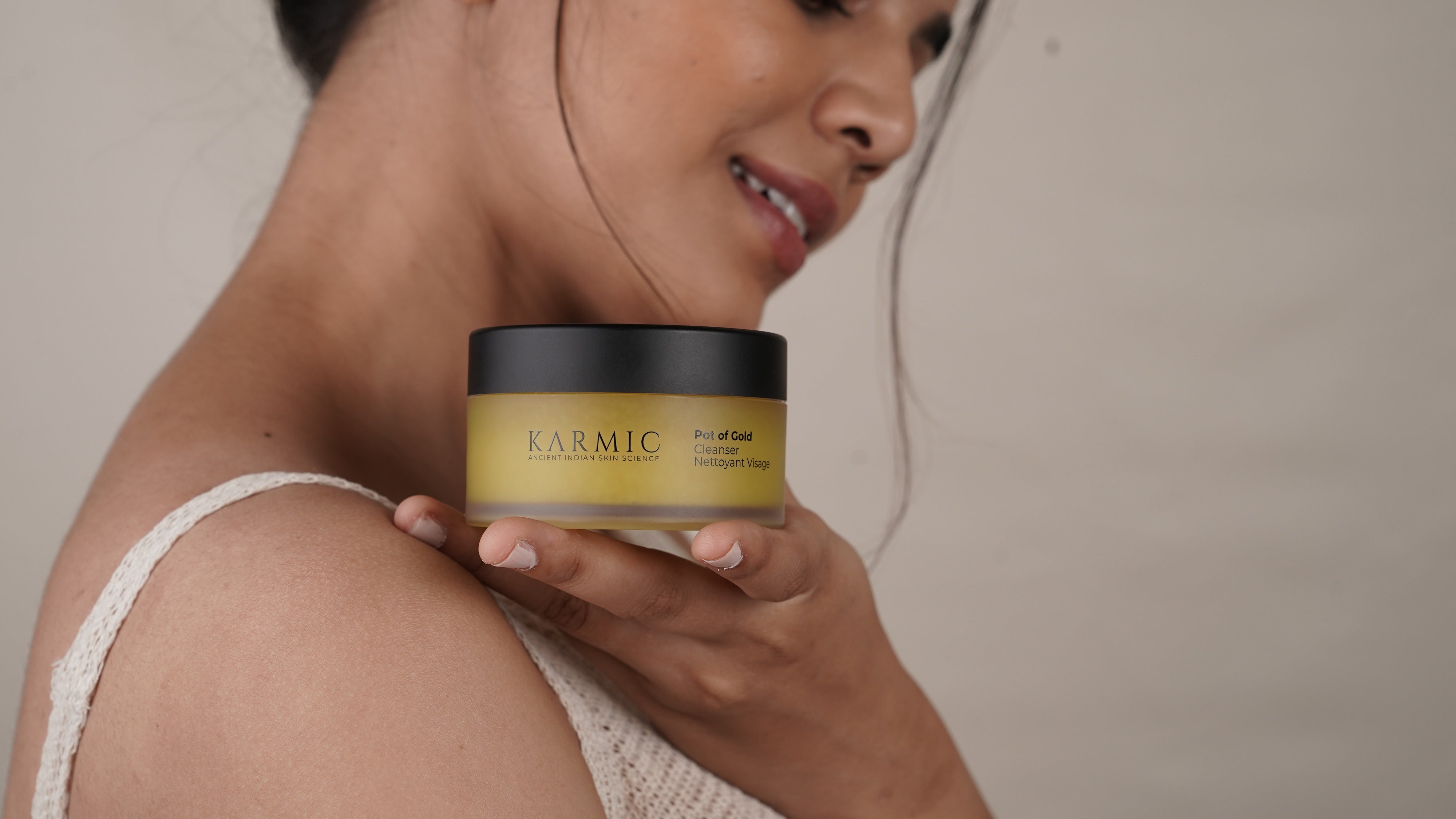kin pigmentation is a common concern for many people, resulting in darker patches or spots on the skin. Whether it’s due to sun exposure, hormonal changes, or injury, pigmentation can cause skin discoloration, leading to an uneven skin tone. People of all skin types, including those with darker skin tones, experience pigmentation issues. Understanding what causes these changes and exploring effective pigmentation treatments and skin care products can help restore a more even complexion.
In this blog, we will dive into the different types of pigmentation, the causes behind them, and practical tips on how to manage and treat skin pigmentation. With consistent skincare practices and professional guidance, you can achieve healthier, brighter, and more even-toned skin.
Understanding Skin Pigmentation
Skin pigmentation refers to the coloring of the skin caused by melanin, the pigment responsible for giving our skin its tone. When melanin production becomes excessive in certain areas, it leads to dark patches known as hyperpigmentation. This skin discoloration can affect people of all skin types but is often more prominent in those with darker skin tones due to higher melanin content.
Some common forms of skin pigmentation include:
- Melasma: Hormonal changes, such as pregnancy or birth control use, can lead to melasma, which often appears as brown or grayish patches on the face. Women, especially those with darker skin tones, are more prone to melasma.
- Sun Spots: Also known as age spots or liver spots, these develop after years of prolonged sun exposure. UV radiation accelerates melanin production, leading to small, dark patches, especially on areas like the face, hands, and shoulders.
- Post-Inflammatory Hyperpigmentation (PIH): This occurs after an injury or skin inflammation (like acne) has healed. The affected area darkens due to increased melanin production during the healing process. PIH is more common and pronounced in people with darker skin tones.
Recognising the different types of pigmentation is crucial for choosing the right pigmentation treatment and achieving a more even skin tone.
Causes of Skin Pigmentation
Skin pigmentation can be triggered by various factors, with sun exposure being the most significant contributor. However, other factors can exacerbate pigmentation issues, such as:
- Hormonal Changes: Hormonal fluctuations, particularly during pregnancy or when taking birth control, can cause melasma. The combination of estrogen and sun exposure often leads to a more severe skin discoloration.
- Sun Damage: Prolonged exposure to UV rays leads to photoaging, a process in which the skin prematurely ages due to sunlight. This can result in sun spots, age spots, and other forms of hyperpigmentation.
- Medications: Some medications, such as chemotherapy drugs and certain antibiotics, can increase melanin production, causing skin pigmentation issues.
- Physical Trauma: Injuries, cuts, and acne can leave behind dark spots due to post-inflammatory hyperpigmentation. For those with darker skin, even minor injuries can cause more visible marks.
- Underlying Health Conditions: Conditions like adrenal insufficiency or insulin resistance can disrupt melanin production and lead to pigmentation disorders.
Preventive Measures for Pigmentation
While skin pigmentation can be difficult to avoid entirely, there are several preventive steps you can take to minimise its effects and prevent it from worsening. A combination of sun protection, skincare, and lifestyle habits can help maintain an even skin tone and prevent new dark spots from forming.
- Sunscreen is Non-Negotiable: UV exposure is one of the leading causes of pigmentation, so using a broad-spectrum sunscreen with SPF 30 or higher is essential. Apply it daily, even on cloudy days, and reapply every two hours if you’re outside for extended periods. For those with darker skin tones, this step is especially critical since UV rays can deepen existing pigmentation.
- Wear Protective Clothing: In addition to sunscreen, protect your skin with hats, sunglasses, and long sleeves to limit exposure to the sun's harmful rays. This is particularly important for those trying to prevent age spots and sun-induced pigmentation.
- Avoid Picking at Spots: Picking or scratching blemishes can lead to post-inflammatory hyperpigmentation, which is harder to treat. Avoid the temptation to touch your skin, especially if you're dealing with acne or other skin injuries.
- Gentle Skincare: Use skincare products that are kind to your skin. Aggressive exfoliation or the use of harsh ingredients can aggravate pigmentation and make it worse. Instead, opt for gentle exfoliators and cleansers that promote skin health without irritating it.
By incorporating these preventive measures into your daily routine, you can reduce the risk of developing further pigmentation and maintain an even complexion.
Daily Skincare Routine for Pigmentation
Developing a consistent skincare routine that targets pigmentation is key to fading dark spots and achieving smoother, more even skin. Here are some steps to incorporate into your daily regimen:
- Cleanse with Care: Start your routine with a gentle face cleanser that removes dirt and oil without stripping your skin of its natural moisture. Look for cleansers formulated for uneven skin tone or pigmentation concerns.
- Exfoliate Regularly: Light exfoliation helps remove dead skin cells that can make pigmentation look more pronounced. Use a non-abrasive exfoliator that contains ingredients like lactic acid or glycolic acid, which promote skin renewal and improve pigmentation over time.
- Toning and Hydration: After cleansing, use a toner to restore your skin’s natural pH balance and prepare it to absorb other products more effectively. Follow this with a hydrating serum or cream to lock in moisture. A good pigmentation treatment should include ingredients like hyaluronic acid to keep the skin hydrated and plump.
- Treatment Products: Pigmentation treatment creams or serums containing active ingredients like Vitamin C, niacinamide, and retinoids can help reduce melanin production and fade dark spots. These products work by evening out skin tone and promoting a brighter complexion.
- Moisturise and Protect: Lastly, apply a rich moisturiser to hydrate the skin. Choose one that caters to uneven skin tones or pigmentation. In the morning, follow up with a sunscreen to protect against further UV damage.
For those with darker skin tones, using the right face products consistently is crucial to prevent pigmentation from becoming more noticeable.
Treatment Options for Skin Pigmentation
When over-the-counter products are not enough to tackle stubborn pigmentation, professional treatments offer more targeted results. Here are some common treatments for skin pigmentation:
- Topical Treatments: Products with active ingredients like retinoids, Vitamin C, and hydroquinone can help lighten dark spots and reduce skin discoloration. These ingredients work by inhibiting melanin production and increasing cell turnover.
- Chemical Peels: Chemical peels remove the top layer of the skin, revealing newer, healthier skin underneath. This can help reduce the appearance of pigmentation and even out the skin tone. For darker skin tones, it’s essential to consult with a dermatologist, as some peels may cause further discoloration if not properly administered.
- Laser Therapy: Laser treatments use targeted light energy to break up melanin in the skin, helping to fade pigmentation. It’s effective but can be costly, and multiple sessions are often required. This treatment may need to be approached with caution for individuals with darker skin tones, as there’s a risk of increased pigmentation.
- Microdermabrasion: A non-invasive treatment that exfoliates the skin's outer layer, microdermabrasion can reduce pigmentation caused by sun damage or PIH. This option works well for those with lighter skin tones and mild pigmentation issues.
Natural Ingredients for Treating Pigmentation
If you prefer natural alternatives for pigmentation treatment, there are several ingredients known for their ability to lighten dark spots and promote even skin tone:
- Vitamin C: Known for its brightening properties, Vitamin C helps reduce melanin production and protects the skin from further damage. Look for serums that contain stabilised Vitamin C for best results.
- Saffron: This natural ingredient is known to reduce pigmentation by controlling melanin production. It also has antioxidant properties that protect the skin from environmental damage.
- Turmeric: Turmeric’s anti-inflammatory and antioxidant properties make it a great option for treating hyperpigmentation naturally. It can help fade dark spots over time when used consistently.
- Orange Peel Oil: High in Vitamin C, orange peel oil is effective in lightening pigmentation and brightening the skin’s overall complexion.
- Dietary Adjustments: Incorporating foods rich in antioxidants, such as berries, leafy greens, and nuts, can help your skin combat oxidative stress, which is often linked to pigmentation.
Lifestyle Adjustments for Healthier Skin
Aside from skincare, certain lifestyle adjustments can greatly improve your skin’s health and reduce pigmentation. Managing stress is crucial, as chronic stress can cause hormone imbalances that lead to pigmentation problems. Additionally, ensuring you get adequate sleep allows your skin to repair and regenerate, promoting a healthier complexion.
Conclusion
Dealing with skin pigmentation requires a combination of preventive measures, effective skincare routines, and professional treatment options. Understanding the causes of skin discoloration and using products tailored for pigmentation treatment can significantly improve your skin’s appearance. For those with darker skin tones, it’s especially important to use the right products and treatments to avoid exacerbating pigmentation.
Consistency is key when treating pigmentation, whether through natural ingredients, over-the-counter products, or dermatologist-recommended treatments. By following the right skincare practices and lifestyle habits, you can achieve a clearer, more radiant, and even skin tone.




